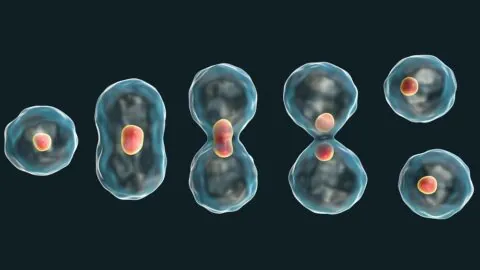October 01, 2025
A recent study reported that the effectiveness of the senotherapeutic drug ABT-263 depends on the cell’s DNA content, which is based on the cell cycle phase at which the senescent cell was arrested [1]. A personalized approach Cellular SenescenceAs your body ages, more of your cells become senescent. Senescent cells do not divide or support...
June 24, 2022
Scientists have improved the potential effectiveness of a stem cell therapy for osteoarthritis by targeting senescent cells [1]. Stem cell exhaustion and osteoarthritis Osteoarthritis is an age-related disease that affects joints by degrading cartilage. While not fatal in itself, osteoarthritis negatively affects mobility and quality of life, and it can decrease lifespan and healthspan. Several...
March 14, 2022
An open access study published in iScience has discussed the development of senolytics to target particular genes that are upregulated in cellular senescence. Understanding senescence, cell by cell In our earlier interview with Simon Melov of the Buck Institute, the lead researcher of this paper, Dr. Melov, explained his lab's focus on single-cell sequencing. As...
November 17, 2021
The newest study published in the International Journal of Molecular Sciences investigates the role senescent cells may play in cerebral ischemia-reperfusion injury and how senolytic therapy may be beneficial for those recovering from stroke. Stroke and reperfusion injury Ischemic stroke occurs when an artery in the brain is occluded, preventing an area of brain tissue...
July 12, 2021
A new study published in Cell Reports has shown that the senolytic navitoclax (ABT-263) helps mice heal from spinal cord injuries [1]. The difference between mice and zebrafish The zebrafish is a well-known species studied for its regenerative abilities, so the researchers began their investigation by examining what happens to the spines of mice and...
November 17, 2020
There has been a great deal of interest in the last few years in the potential regenerative properties of blood factors. This has led to two broad schools of thought: one in which there are regenerative factors in young blood that can be isolated, and another in which aged blood contains regenerative factors that cannot...






